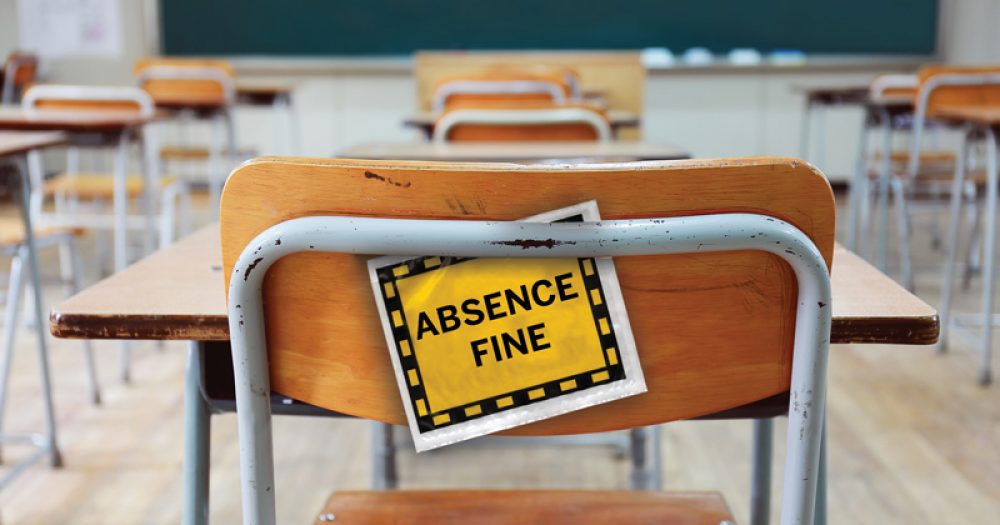The Department for Education is leaving it up to heads to decide whether to authorise absences for pupils who are not in self-isolation, telling them to “be pragmatic” and consult with families.
Updated guidance on how to record absences was sent to schools yesterday, just a day after initial guidance on the matter was released.
It comes as increasing numbers of parents have pledged to keep children at home even if they do not show symptoms, in order to prevent them from getting the disease. According to the ASCL school leaders’ union, attendance rates at some schools have fallen as low as 70 per cent.
Chris Dyson, headteacher at Parklands Primary School in Leeds, tweeted this morning his school’s attendance was now at 49.4 per cent.
The latest guidance states that although self-isolation counts as an “exceptional circumstances”, pupils who are not self-isolating “will be marked as absent” if they do not attend school.
It goes on to state: “We back headteachers’ judgement and to be pragmatic – having spoken to parents – on whether to authorise such absence, taking into account individual circumstances.
“We expect, in particular, headteachers will authorise absence where a pupil is not able to attend because of an underlying health condition that means they, or a family member in their household, are particularly vulnerable to coronavirus (COVID-19).”
The guidance is much more detailed than advice circulated on Monday, which simply stated that it was “for headteachers to determine whether or not the absence is authorised depending on the individual circumstances”.
According to the guidance, pupils who cannot attend because they are unwell should have their absence recorded with code ‘I’, as they usually would.
And the government said pupils who are absent due to self-isolation “should be recorded as unable to attend due to exceptional circumstances in the attendance register”. This means schools can use code ‘Y’ for those absences.
Gavin Williamson, the education secretary, has already sought to reassure schools that they will not be penalised for poorer-than-usual overall absence rates during the pandemic.
And the new guidance reiterates this view, stating: “No school will be penalised for the impact on school attendance of coronavirus.”
But there are still questions over whether the parents of pupils with unauthorised absences will still be fined during the pandemic.
James Bowen, director of policy at the NAHT school leaders’ union, said: “We fully expect all local authorities to suspend any action against parents relating to poor attendance during this period,” he added.
Geoff Barton, the leader of ASCL, said the coding of absences “feels like an increasingly peripheral technicality when the reality is that attendance at school is falling significantly, and is typically running at between 70 and 80 per cent”.
“This is likely to become worse as the situation develops,” he warned.
Meanwhile, the government continues to insist that it will not close schools unless medical and scientific advice changes.








Your thoughts